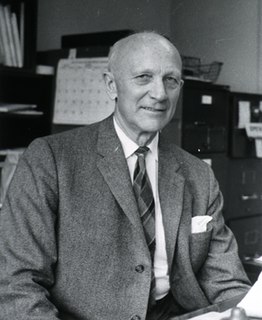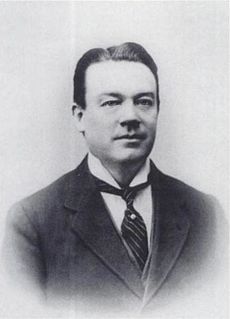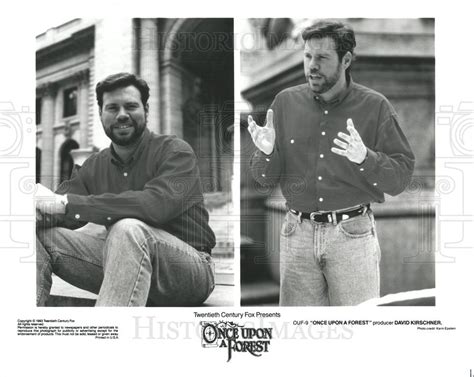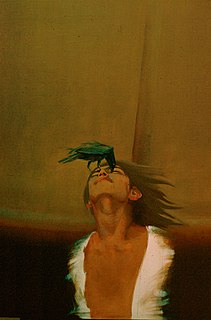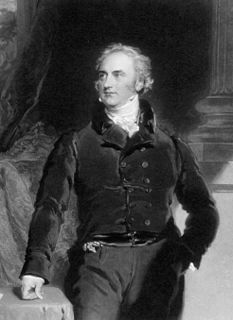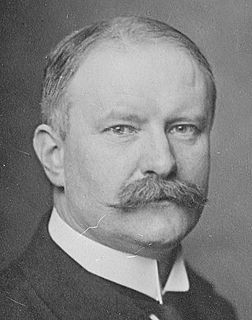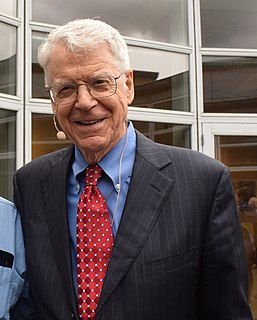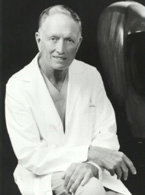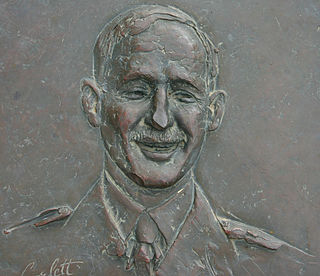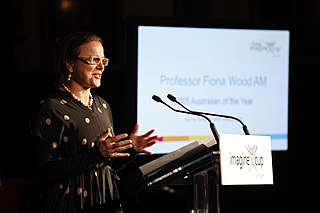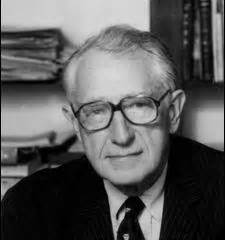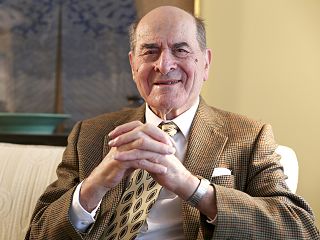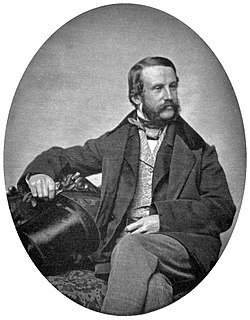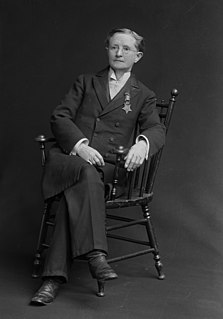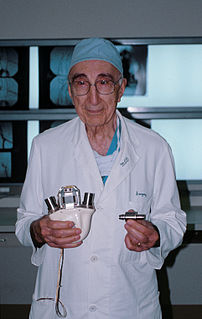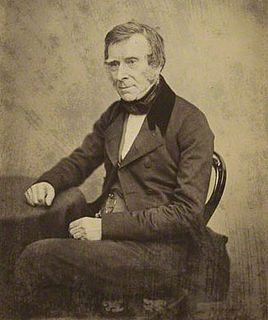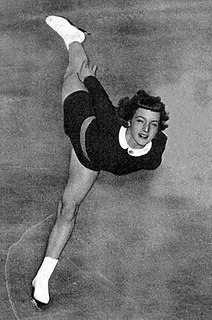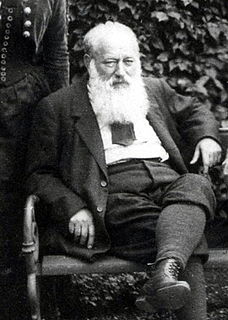A Quote by Philibert Joseph Roux
That which we know is but little; that which we have a presentiment of is immense; it is in this direction that the poet outruns the learned man.
Related Quotes
I know of no department of natural science more likely to reward a man who goes into it thoroughly than anthropology. There is an immense deal to be done in the science pure and simple, and it is one of those branches of inquiry which brings one into contact with the great problems of humanity in every direction.
In spite of all these disquieting triumphs in the field of natural science, it's astonishing how little man has learned about himself, and how much there is to learn. How little we know about this brain which made social evolution possible, and of the mind. How little we know of the nature and spirit of man and God. We stand now before this inner frontier of ignorance. If we could pass it, we might well discover the meaning of life and understand man's destiny.
There are some things which cannot be learned quickly, and time, which is all we have, must be paid heavily for their acquiring. They are the very simplest things and because it takes a man's life to know them the little that each man gets from life is very costly and the only heritage he has to leave.
You are different from the really great man in only one thing: The great man, at one time, also was a very little man, but he developed one important ability: he learned to see where he was small in his thinking, and actions. Under the pressure of some task which was dear to him he learned better and better to sense the threat that comes from his smallness and pettiness. The great man, then, knows when and in what he is a little man.
One of the surest tests of the superiority or inferiority of a poet is the way in which a poet borrows. Immature poets imitate mature poets steal bad poets deface what they take and good poets make it into something better or at least something different. The good poet welds his theft into a whole of feeling which is unique utterly different than that from which it is torn the bad poet throws it into something which has no cohesion. A good poet will usually borrow from authors remote in time or alien in language or diverse in interest.
People think of time as a continuum composed of points which is stretched out at a line, and even if you add a direction to it and say one direction on the line is past and the other direction is future, or better, one direction is "earlier than" and the other direction is "later than", you're still thinking of it as like a geometrical line which is stretched out rather than as a dynamic process of becoming.
This, therefore, is a law not found in books, but written on the fleshly tablets of the heart, which we have not learned from man, received or read, but which we have caught up from Nature herself, sucked in and imbibed; the knowledge of which we were not taught, but for which we were made; we received it not by education, but by intuition.


